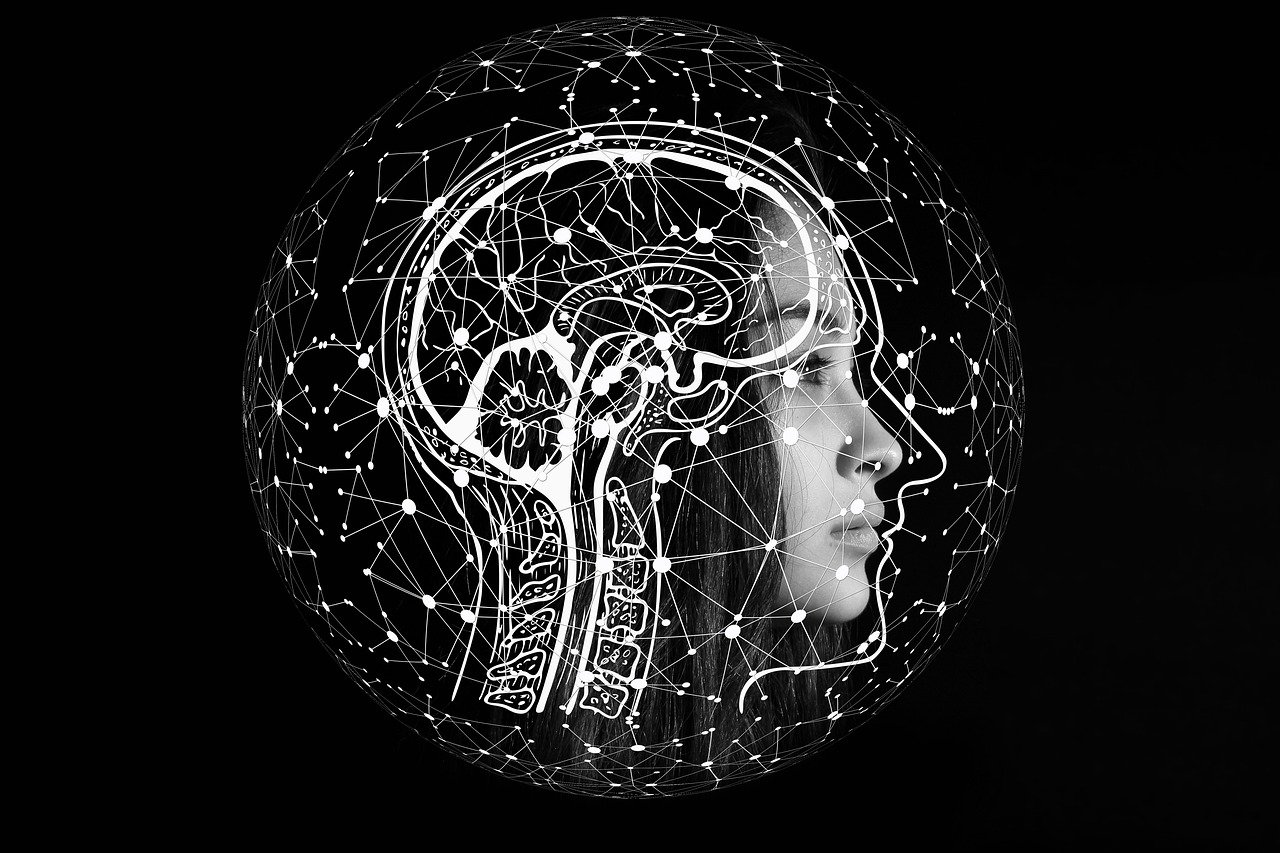By Nikolina Koulouri,
Music, an art form deeply intertwined with human culture, has long been recognized for its ability to evoke emotions, inspire creativity, and even trigger memories that have been long lost. While many have experienced the profound impact of music on memory firsthand, the underlying mechanisms behind this phenomenon have become a subject of fascination for researchers in neuroscience and psychology. In this article, we delve into the scientific exploration of the role of music in memory, uncovering the intricate connections between sound, cognition, and recollection.
Deep in the relationship between music and memory lie the complex workings of the human brain. Neuroscientists have identified specific brain regions and neural pathways involved in processing music and encoding memories. One such area is the hippocampus, a structure vital for the formation and retrieval of memories. Studies have shown that listening to music activates the hippocampus, suggesting a direct link between musical stimulation and memory function.

Moreover, music engages multiple cognitive processes simultaneously, including attention, perception, and emotion. As individuals listen to music, their brains process various elements such as melody, rhythm, and lyrics, integrating them into a cohesive auditory experience. This intricate interplay of cognitive processes not only enhances the emotional impact of music but also facilitates the encoding of associated memories.
Research has demonstrated that music can also serve as a powerful mnemonic device, aiding in the recall of past experiences and information. Psychologists have conducted experiments where participants were asked to learn lists of words or facts while listening to specific musical pieces. Remarkably, individuals who studied with music performed better on memory tests compared to those who studied in silence. These findings highlight the mnemonic potential of music, suggesting that it may enhance memory consolidation and retrieval processes.
Furthermore, the emotional resonance of music plays a crucial role in memory formation. Studies have shown that emotionally charged events are more likely to be remembered than neutral ones. Music has the unique ability to evoke a wide range of emotions, from joy and nostalgia to sadness and excitement. When a song becomes associated with a particular emotional experience, it creates a powerful memory trace that can endure over time.
The therapeutic effects of music on memory have also garnered significant attention, particularly in the context of aging and neurodegenerative diseases. For individuals with conditions such as Alzheimer’s disease and dementia, memory loss is a common and debilitating symptom. However, research suggests that music therapy can offer profound benefits for this group of individuals.

Studies have found that familiar music from one’s past can evoke memories and emotions even in patients with advanced dementia. Music therapy interventions, such as personalized playlists and group sing-alongs, have been shown to improve mood, decrease agitation, and enhance social engagement in individuals with cognitive impairments. Moreover, music therapy may stimulate neural pathways associated with memory and cognition, potentially slowing the progression of cognitive decline.
Concluding, the role of music in memory is a multifaceted phenomenon with profound implications for understanding the human mind and brain. Through its ability to engage cognitive processes, evoke emotions, and stimulate neural networks, music has emerged as a powerful tool for enhancing memory function and enriching the lives of individuals across their lifespans. As researchers continue to unravel the intricacies of this relationship, the therapeutic potential of music in memory care remains a promising avenue for future exploration and innovation.
References
- Your brain in music. PEGASUS. Available here
- DOES MUSIC BENEFIT THE BRAIN?. Cognitive Vitality. Available here




